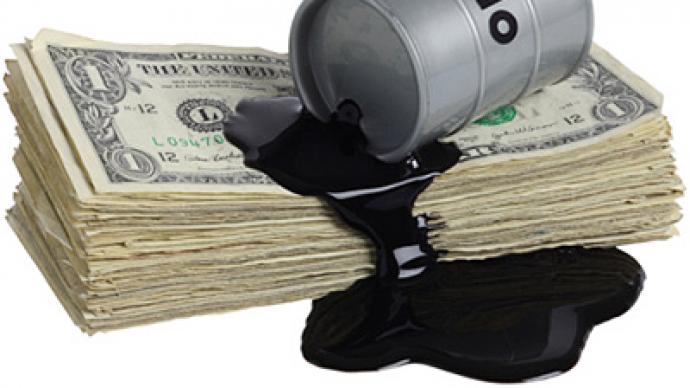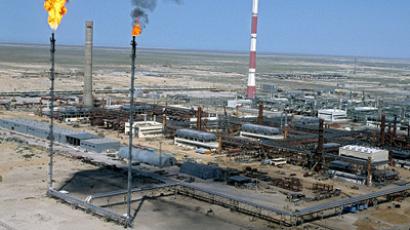Eyes on crude as volatile outlook remains

Crude prices remain in focus after the IEA announced the release of 60 million barrels from the reserves of member nations to drive prices lower, which saw a 5% drop late last week.
Brent closed the week at $105.12/bbl and WTI at $91.16/bbl in the wake of the announcement by the International Energy Agency. It followed a build-up of crude prices in the wake of social disruptions in Egypt, Bahrain, Yemen and Syria, and the outbreak of civil war in Libya which has taken Libyan supply out of the market, and failed moves by OPEC to increase production earlier this year.The actions and market response are generally seen as positive for Russia, taking the sting out of inflationary pressures while maintaining a minimal budget deficit. Against the backdrop of continuing concern over Eurozone sovereign debt implications, the end of QE2 in the US and tightening monetary policy in China, the move to reduce crude price is also seen as assisting global economic growth. Pavel Gennel, Chairman of the Board of Directors at MC Stolychnaya Financial Corporation, says the surge in crude prices during 1H 2011 is not positive for the Russian economy.“In a strategic perspective soaring oil prices will have a negative effect on the country's economy given that there is nothing positive for oil companies on the domestic market. However, this year and next year projected budget deficit could benefit from high oil prices. Under these conditions government will not strengthen the rouble, rather intend to restrain rouble growth.”Stanislav Emelyanov, Deputy Director Omnicomm, says tough government regulations have encouraged oil exports and have increased volatility on the domestic market. He says higher global crude prices during 2011 have underpinned rising Russian fuel prices, as well as fuel shortages, and been a key contributor to Russia’s capital outflow.“Fuel prices will definitely continue to grow. The reasons for this are the growth of excise taxes, and high oil prices along with growing uncertainty in Russia. All this pushes oil companies to increase exports of petroleum and petroleum products and create a huge outflow of capital out bounding profits. Government measures to stabilize the prices, proved ineffective – despite all the duties fuel companies continue to export oil due to better prices and conditions, which causes deficit in the domestic market.”Omnicomm’s Emelyanov, does note however that recent moves to increase excises are likely to drive greater fuel efficiency amongst transport operators.“If, however, the excise duty on petrol will be increased by 1.5-2 times following the proposals of the Ministry of Finance along with the abolition of transport tax, given the fact that today the share of excises in the retail price of fuel is about 20%, the price of the petrol brand 95 will rise by about 30% to around 35 roubles per liter, making another step towards the European price of 1 euro. In such circumstances, the Russian transport business to stay afloat will need to pay attention to fuel use associated with internal resources, such as, for example, losses from theft of fuel by drivers, which cause 20% to 50% of transport expenditures"Yaroslav Lissovolik, Head of Research at Deutsche Bank Russia, says however that the move by the IEA is likely to have a limited effect, with the 60 million barrels made available only about half that lost due to civil disruptions in Libya. “I really think that the effects of these measures on oil prices are likely to be transitory. I don’t think it’s going to have a long term significant effect. I think the reason why you do have an emphatic reaction from the markets is that the sheer possibility of such measures being undertaken and the possibility of them being repeated in the future but I think is what is accounting for such significant reaction but if things are left and there is no continued sort of effort on the part of the developed world to try and raise oil supply, then I think it is unlikely to be a significant factor in the determination of oil prices for this year and We continue to project oil prices averaging $117.5 per barrel.”














